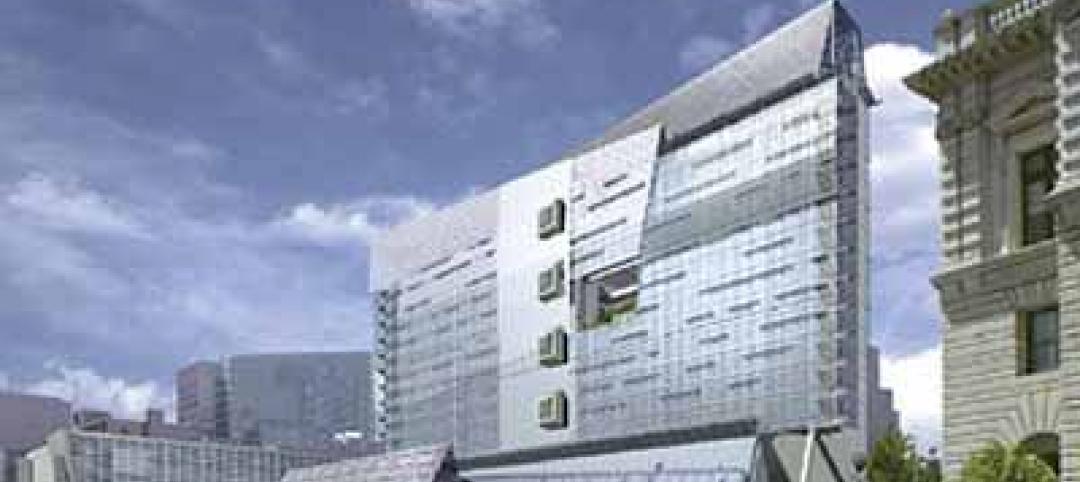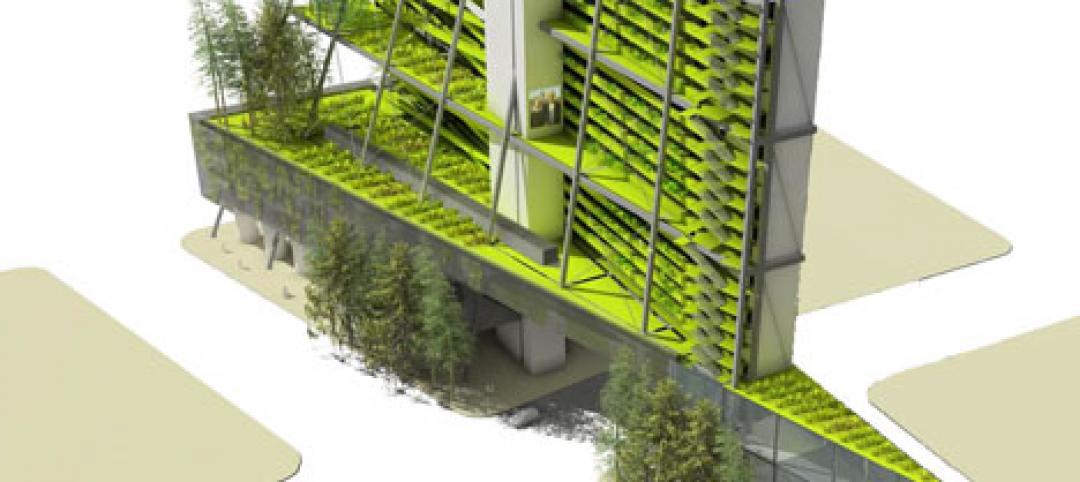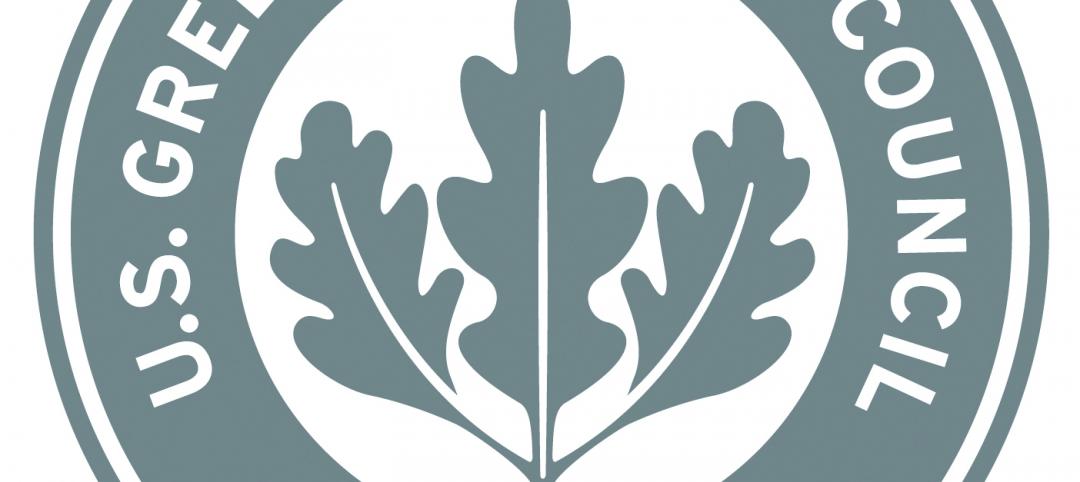When it comes to housing, New York is a literally a tale of two cities.
About half of the luxury-condo units that have come onto the market in the past five years are still unsold. Meanwhile, 80,000 people sleep in New York City’s shelters or in makeshift shelters on the streets. Many of the sleek glass and steel condo high rises were intended for foreign buyers, but the Chinese economy slowed, and declining oil prices reduced demand from the wealthy Russian and Middle Eastern markets. As a result, many multi-million dollar units are empty.
Affordable housing was central to Mayor Bill De Blasio’s administration, but progress has stalled. The reasons: onerous zoning regulations, limited federal subsidies, construction delays, and blocked pro-tenant bills. Over the past 10 years, New York City real-estate prices have skyrocketed. From 2010 to 2019, for example, the average sale price of homes doubled in many Brooklyn neighborhoods.
The New York City area is losing about 300 residents every day, with a lack of housing a major factor. New York isn’t alone among big cities with an affordable housing crisis. Across the country, the supply of housing hasn’t kept up with population growth. Single-family-home sales are stuck at 1996 levels, even though the United States has added 60 million people since the mid-’90s.
Related Stories
| May 31, 2012
Natural gas industry opposes federal carbon-neutral construction rule
The natural gas industry and some allies are working to block a federal green building rule that was expected to be a national model for carbon-neutral construction.
| May 31, 2012
Lawsuits push the legal boundaries of green building definition
This article explores some legal issues stemming from lawsuits in which plaintiffs have charged developers with not delivering on a promised level of sustainability.
| May 31, 2012
ANSI approves Green Building Initiative’s design standard
The Green Building Initiative (GBI), a Portland, Ore. nonprofit organization, has had its new consensus-based standard for the design, construction, and operations of environmentally friendly buildings approved by the American National Standards Institute (ANSI).
| May 31, 2012
USGBC testing Minnesota buildings to see if they are living up to LEED standards
The Minnesota chapter of the U.S. Green Building Council (USGBC) has teamed up with EnergyPrint, a St. Paul, Minn. energy consulting firm, to study the energy and water use of more than 150 buildings in the state that have LEED certification.
| May 29, 2012
Reconstruction Awards Entry Information
Download a PDF of the Entry Information at the bottom of this page.
| May 25, 2012
Major retail chains welcome LEED Volume option
Large national chains such as Starbucks, Marriott, Verizon, and Kohl’s are welcoming the LEED Volume Program that enables them to batch certify similar projects.
| May 25, 2012
Alaska’s okay of gravel aggregate with naturally occurring asbestos opens up development
Some long-delayed projects in the Upper Kobuk region of Alaska may now move forward thanks to legislation that allows construction in areas that have naturally occurring asbestos.
| May 25, 2012
Las Vegas building codes may thwart innovative shipping container development
A developer wants to build a commercial development out of steel shipping containers in Las Vegas, but city codes would have to be altered or the project would have to obtain waivers for it to receive the city’s go-ahead.
| May 25, 2012
Collapse of Brooklyn building that killed worker blamed on improperly braced frame
The Occupational Safety and Health Administration cited SP&K Construction with 11 safety violations, for which it could face more than $77,000 in fines.











